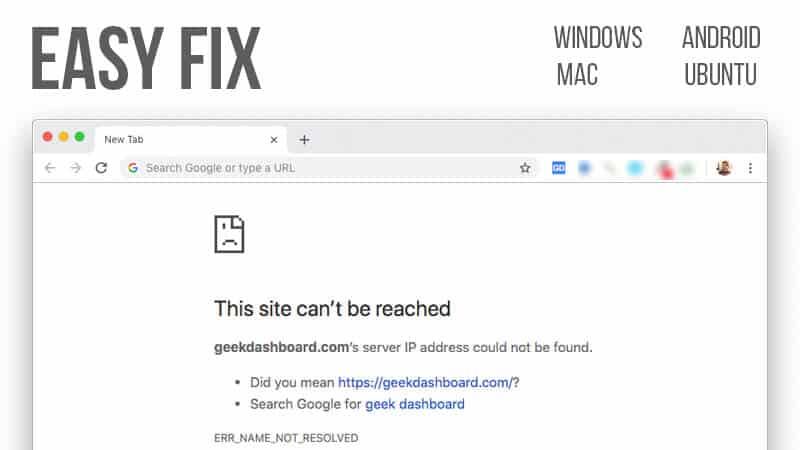

I am hard of hearing, it is a nightmare phoning and you keep phoning even though I told you this many times. You owe me £75 and I owe you £18.99 yet you cut me off in 3 days even though you owe me 3x more and wont play fair and reasonable. The time would be better used DEALING WITH THE COMPLAINT rather than to keep saying you need to deal with the complaint!!! Instead of actually dealing with the complaint you just keep replying you need to deal with the complaint. At no point do you deal with the complaint. When I ask for a deadlock code to take this to arbitration you just keep replying over and over that I need to let you deal with the complaint first. I complained about this by post and messages and you ignored them.

The thing that annoys me most is I never got the £75 reward card. Yesterdays email said to avoid restrictions pay within 14 days but your dodgy billing system blocks me already.į refused to connect.

Most of these posts will be purposely oversimplified-just some rules-of-thumb I use that I hope will work for others.So only 3 days after the payment due date I have account restrictions. As a disclaimer, I’m not an English PhD and do not claim to be 100% correct all of the time. Quick tip: Don’t use “myself” in a sentence without “I." -Ībout: The Business Grammar 101 series is a professionally-geared adaptation of my original grammar blog, Winston's Red Pen.


 0 kommentar(er)
0 kommentar(er)
